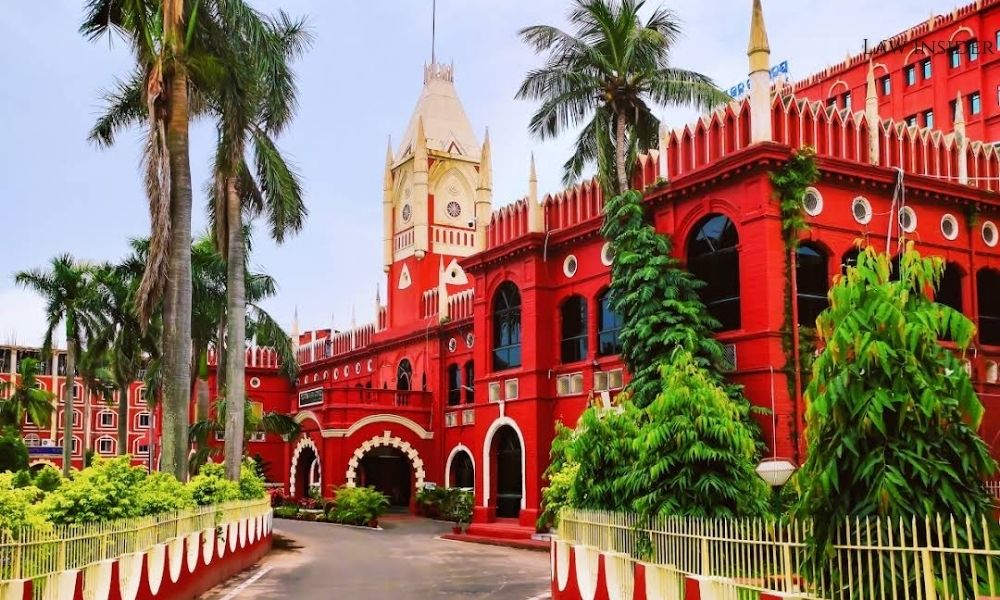Debangana Ray
Published on June 21, 2022 at 19:58 IST
The Odisha High Court on Monday held that a notification issued by the State Government preventing the disclosure of information regarding the allegations of corruption and human rights violations would be contrary to the provisions of Right to Information.
The bench comprising of Chief Justice S Muralidhar and Justice RK Pattanaik passed the order while hearing a Public Interest Litigation (PIL) petition against a notification which stated that noting contined in the RTI Act would applu yo the Vigilance Department of the Government of Odisha.
“If under the RTI Act disclosure is the norm, and non-disclosure the exception, then the impugned notification seeks to take away what is provided by the RTI Act and is therefore ultra vires the RTI Act.” the Bench held.
The notification was issued under Section 24(4) of the RTI Act which empowers the State government to specify “Intelligence and security organisations” which are exempt from the provisions of RTI.
The petitioners had challenged the notification on the ground that it was violative of Article 19(1)(a) of the Constitution of India.
It was held that the State intended to not disclose the instances of corruption and human right violations to the Public.
The respondents, on the other hand, stated that premature disclosure of the information prior to a final decision taken in disciplinary action has the potential to disrupt the proceedings.
It was argued that revealing confidential information could impede the entire process of an enquiry into corruption.
The court after examining the issue stated that the first proviso of Section 24 specifically stated that information pertaining to corruption and human rights violation cases were not to be excluded under Section 24(4).
In any case, the provision also provided for a second layer of protection to the public servant. It was highlighted that the information regarding human rights violation is only to be provided after the approval of the State Information Commission.
“Therefore, it is not as if such information would be straightway made available to a person seeking such information,” the Court observed.
The exclusion of the entire vigilance Department ran counter to the provisions of the RTI Act.
Therefore, it was held that the information regarding corruption and human rights violations and information did not touch on any of the confidential and sensitive activities by the Vigilance Department could not be withheld.
In this regard, the bench has directed the government to issue a fresh notification for clarification.

